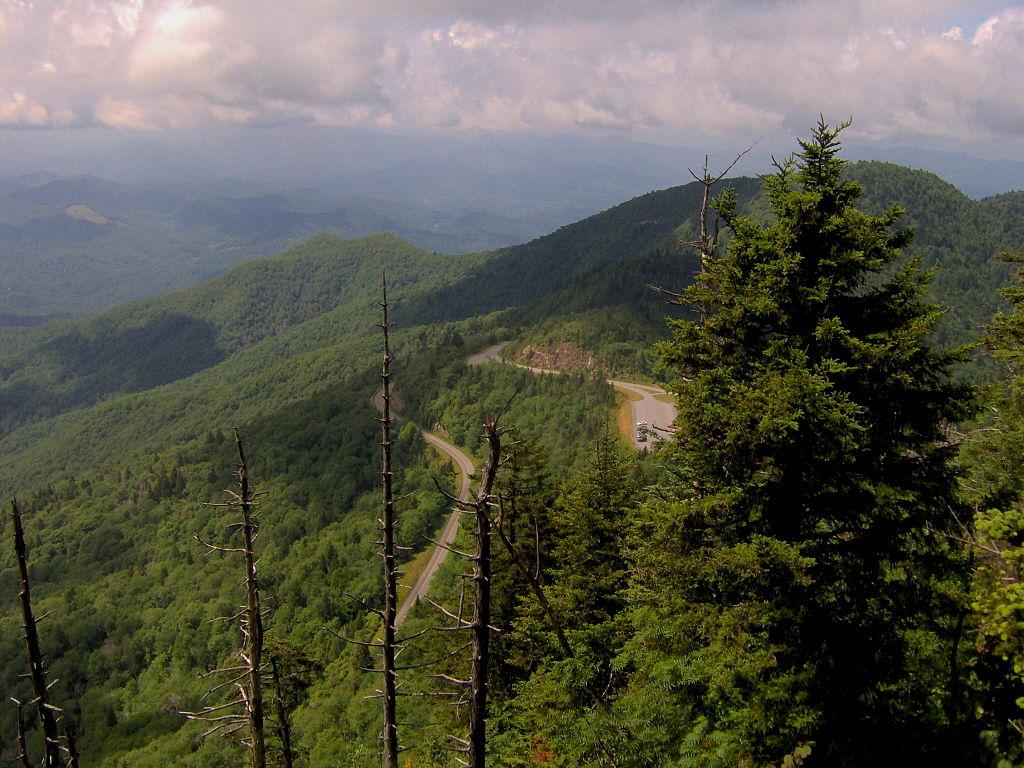Residents of West Virginia’s Eastern Panhandle can feel at ease knowing that, due to a proactive revision to a House bill, their drinking water will now be much safer from radioactive fracking waste.
The Marcellus Waste Management Act, a bill passed by the House of Delegates last spring, allowed commercial solid waste facilities to receive extra waste from drill cuttings, unless the site was located in an area with a karst landscape.
Karst topography, which is found in Jefferson and its surrounding counties, is characterized by having underground drainage systems and caves. These areas are more susceptible to leaks from waste facilities entering the drinking water supply.
“Due to channels and fractures, groundwater can move rapidly between wells and springs in the county, and water quality problems in one area of the county could rapidly spread and impact other areas,” Dr. Edward Vila, professor of environmental science at Shepherd University, said.
A legislative rule-making committee was formed to close a loophole in the bill that may have allowed waste from hydraulic fracturing, or fracking, to be dumped in areas with karst landscapes. Fracking is commonly used for the drilling of natural gases in West Virginia, and waste from this process can be radioactive.
“This provision is needed and essential,” Vila said.
Vila stated that the only landfill relevant to the bill in the panhandle, the LCS Services Landfill, has not received any drilling waste so far, but the revision will prevent it from ever accepting any in the future.
The revision completely clears up any loopholes in the original bill that may have placed thousands of West Virginians at risk for losing their water supplies. A leak from one of these facilities would have been disastrous in the Eastern Panhandle, potentially far worse than the chemical spill in the Elk River near Charleston, W.Va. earlier this year.
If a leak of waste did occur in the panhandle, those contaminants would very likely enter the Potomac and Shenandoah Rivers, according to Vila. “That would impact thousands of people that depend upon those rivers for their water supply, such as Shepherdstown and Shepherd University,” Vila said.
The drilling wastes held in these solid waste facilities contain salts and chemicals that are hazardous and can be carcinogenic, and they can have detrimental health consequences to people who come into contact with them, according to Vila. These waste materials can also be extremely harmful to wildlife and vegetation if spilled into surface or groundwater.
Dr. Vila was very pleased with the efforts of West Virginia’s government to prevent another disastrous water contamination in our state. Water is essential to life, and this provision will keep radioactive and other harmful materials far away from areas susceptible to catastrophic leaks.
This decision by the West Virginia delegates to make the rules governing waste management more strict is highly in West Virginians’ favor. Our government is trying to protect us from harm, even if that means losing the approval of a company. The bill will be voted on next January, and, if passed, it will form a strong barrier between the citizens and any potentially tainted tap water.

Leave a Reply